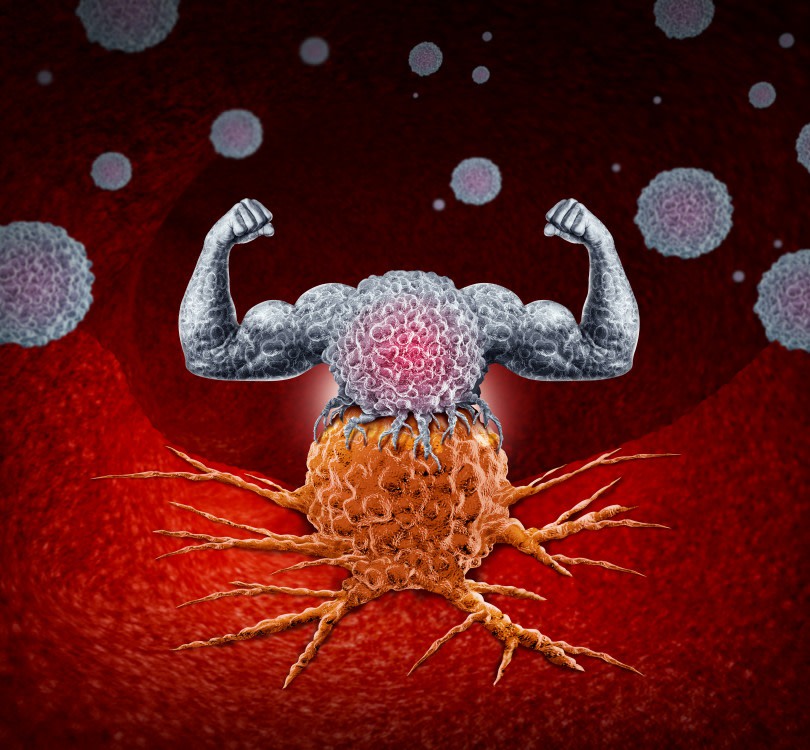As we witness a resurgence of COVID-19 alongside the onset of winter, the threat of influenza and RSV looms large, affecting both infants and adults.
Of the three diseases—flu, COVID-19, and RSV—the flu is the most familiar to medicine, with available prevention and treatment options. COVID-19, too, has garnered global attention, but effective treatments are still emerging. In stark contrast, there are currently no approved drugs for RSV-infected individuals, only those in development.
While influenza and COVID-19 can lead to global epidemics, striking fear and causing widespread fatalities, there's limited awareness about the equally dangerous RSV virus, especially among adults with preexisting health conditions, who face a high risk of hospitalization and death when infected.
What is RSV?
While both influenza and COVID-19 have received extensive media coverage, the RSV virus, which typically thrives during winter, remains obscure to the general public. Despite the severe risks, global awareness about RSV is largely confined to its impact on children.
Combining RSV and COVID-19 infections or even COVID-19 and the flu is rare. However, simultaneous infections of the flu and RSV do occur.
As COVID-19 cases surge again, Israel braces for a concurrent rise in influenza and RSV cases, emphasizing the importance of awareness and vaccination.
The absence of approved drugs for RSV infection and the scarcity of information about its symptoms contribute to the overdiagnosis of influenza in many cases.
Nonetheless, the lack of awareness about RSV, especially its severe complications among adults, is inexcusable.
Comparing Influenza and RSV
Influenza exhibits varying levels of morbidity and mortality from year to year.
When the COVID-19 pandemic began, both the RSV and flu viruses seemed to vanish.
In contrast to the cyclical nature of COVID-19 and the flu, RSV is ever-present.
Some years witness higher RSV morbidity and mortality than influenza.
Moreover, RSV mutates, potentially leading to more severe outbreaks.
Recent research, presented during the annual conference of the European Lung Association in Italy, highlights the vulnerability of not only adults above 60 but also immunosuppressed individuals with underlying health conditions. Conditions such as COPD, diabetes, asthma, liver and kidney diseases, and cardiovascular disorders make individuals susceptible to severe RSV morbidity, often resulting in around 12 days of hospitalization.
The Dangers of Infection
The RSV virus is considered highly contagious. Similar to COVID-19 and the flu, it can cause viral pneumonia, often characterized by inflammation in both lungs. Typical symptoms include coughing, shortness of breath, and a decrease in blood oxygen saturation. The virus can also be found in the nervous system, brain, and other organs like the liver and kidneys.
Viral pneumonia can become complicated by bacterial pneumonia as a secondary infection. It's crucial to note that bacterial pneumonia can be fatal, especially when accompanied by viral pneumonia, presenting a significant danger to patients with the risk factors listed above.
As more risk factors are added, the likelihood of the disease manifesting in a severe form increases.
The Importance of Vaccination Against RSV and Preventing Infection
Regarding the flu, the first vaccines against it appeared on the market in the 1950s. Their effectiveness varies because the flu virus constantly changes, and vaccines only target specific proteins. Therefore, a vaccine is effective if it matches the proteins that haven't undergone mutations and are similar to those included in the vaccine. This is why flu vaccines need annual updates, and their effectiveness fluctuates depending on the year's mutations.
Coronavirus, on the other hand, has a more stable protein structure and undergoes fewer mutations—although updates are still necessary to cover new mutations. Its effectiveness is also limited over time.
In contrast, the prevention potential against RSV infection surpasses that of the flu and COVID-19. A highly effective vaccine has recently been developed for adults, and it's crucial to get vaccinated as a preventive measure. This can save lives and reduce the financial burden on hospitals and the healthcare system. Vaccination can prevent hospitalizations and even deaths among adults with underlying conditions that can worsen due to RSV infection.

Prevention is Better than Treatment
Always remember that prevention is better than treatment. Preventing diseases saves lives, reduces mortality rates, and saves money. Therefore, getting vaccinated against the RSV virus is of utmost importance.
Receiving such a vaccine benefits both individuals and the country. During periods of severe and high morbidity, like the potential winter ahead, it can prevent the overload of medical systems, as observed in Israel and Italy during the peak of the COVID-19 pandemic.
The author is an expert in the study of respiratory infections and their prevention. He serves as the director of the Saban Children's Hospital at the Soroka University Medical Center. This article was originally published by The Jerusalem Post's sister paper, Maariv.
